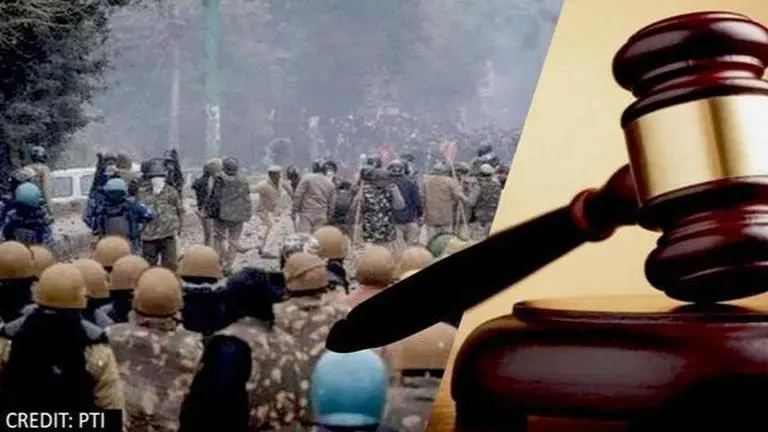Updated 17 January 2020 at 16:34 IST
Delhi Court grants bail to one accused in the Jafrabad case during Anti-CAA protests
A Delhi Court on Friday, January 17, granted bail to one of the accused in the Jafrabad violence case during the Anti-Citizenship Amendment Act (CAA) protests.
- India News
- 2 min read

A Delhi Court on Friday, January 17, has granted bail to one of the accused in the Jafrabad violence case during the Anti-Citizenship Amendment Act (CAA) protests. The accused has been identified as Rahis Ahmad Lalu Kababi. The Delhi police on December 17 had arrested around six persons after a protest in Jafrabad had turned violent.
According to reports, the accused were presented before the court of January 2. However, on December 31, the court had granted bail to two of the accused- Sajid Ali and Daniyal and asked them to pay Rs 35,000 each. It was also reported that prior to the bail, Additional Public Prosecutor (APP) A K Srivastav had opposed the plea on the grounds that they had formed an unlawful assembly and threw petrol bombs.
Protests in Delhi
The mood in the capital has been tense since December 15, when buses and police vehicles were set ablaze in an outbreak of violence near Jamia Millia Islamia University. The varsity's students denied involvement, and police action inside the campus had later sparked nationwide protests. The police had claimed that the protesters torched DTC buses and a fire tender was damaged. However, the students had claimed that the police baton-charged them when they were holding a peaceful protest.
Advertisement
Protests against CAA across the country
The protests against CAA that first broke out in Assam, spread across the country. Violent protests have been witnessed in Uttar Pradesh, Assam, West Bengal, Gujarat, Karnataka, Bihar, Delhi, and Maharashtra. Several universities across the country witnessed clashes between the police and the students after the violence in Jamia Millia.
Advertisement
The Citizenship Act was passed in the Lok Sabha on December 9 and then by the Rajya Sabha on December 11. The Act seeks to grant Indian citizenship to non-Muslim refugees from Pakistan, Bangladesh, and Afghanistan.
(With ANI Inputs)
Published By : Manjiri Chitre
Published On: 17 January 2020 at 16:34 IST
